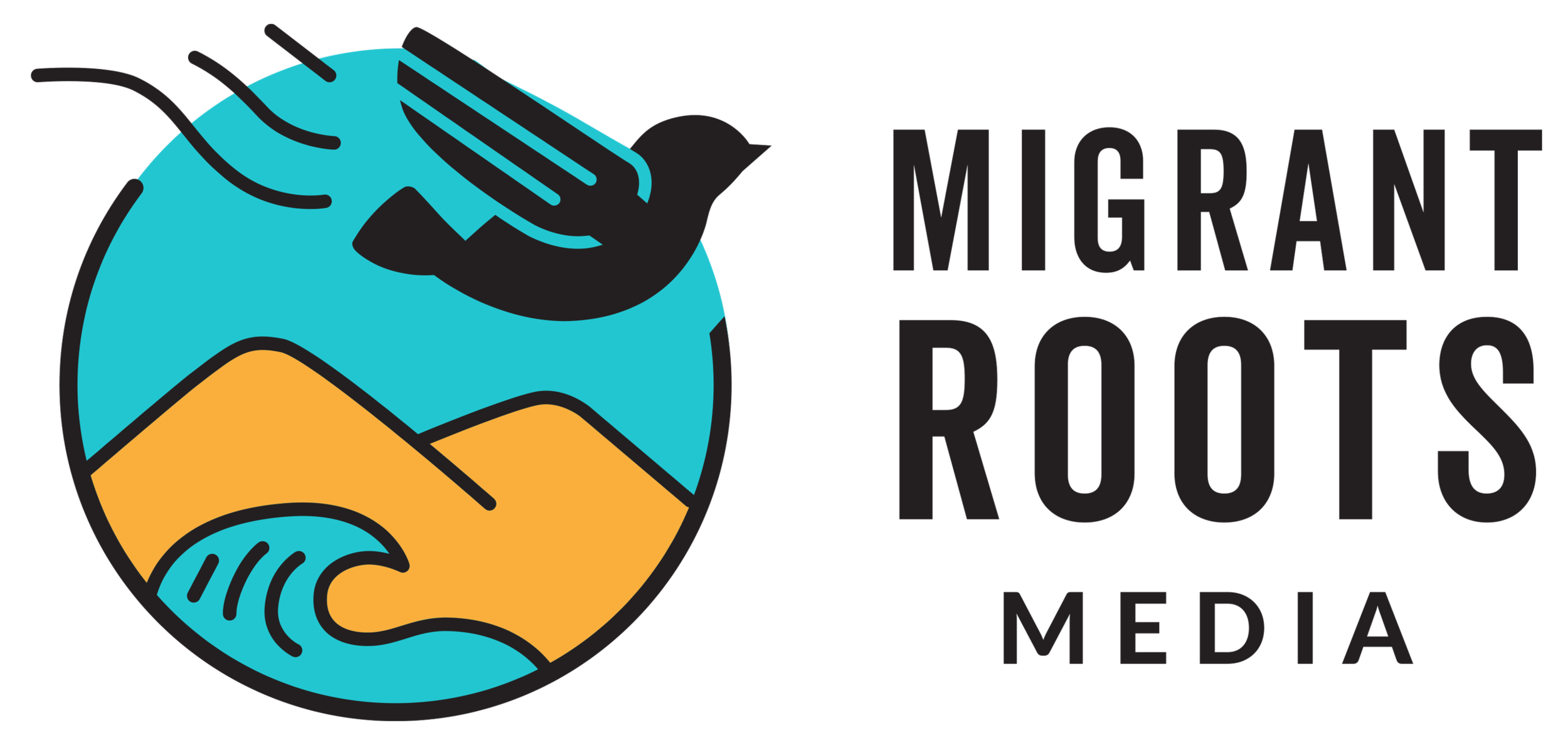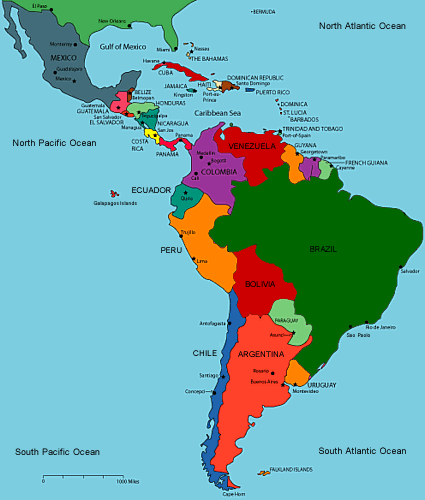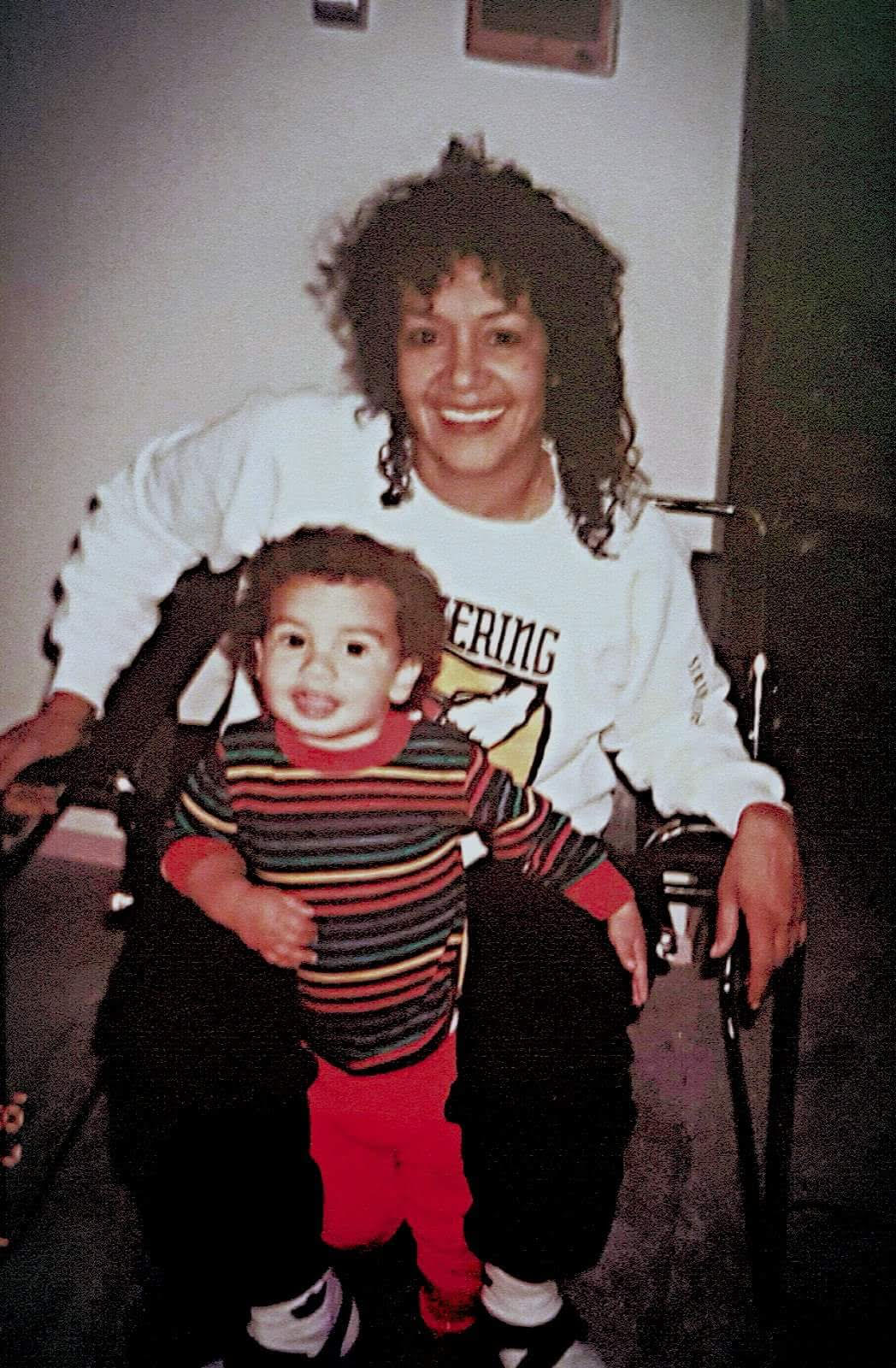Deconstructing your Summer Service Trip to Latin America: A Guide for the Well-Intentioned | Sourik Beltrán

The summer’s approaching and so is your long-awaited service trip. Whether you’re a college student interested in issues of poverty or a working adult donating your precious vacation time into something you deem meaningful, you’ve probably signed up for the trip with the best of intentions. And yet, you find yourself asking: will I really make a difference?
“Service abroad” programs have been the subject of major controversy. From the exploitative photographing of black and brown children to issues of sustainability, it is clear that these trips do not produce the benefits that are often marketed by the sponsoring organizations. In fact, instances of outright harm caused by these programs are unfortunately common. Still, thousands of people continue to sign up for service trips every year with the hope that their presence abroad can somehow play a role in “improving” the world.
This is a guide for you, the well-intentioned person whose interest in relieving poverty (or perhaps in boosting your resume) has led you to book a service trip to Latin America.
But, before we delve in, two disclaimers. First, the topic of service trips abroad and its relationship to colonial practices past and present is vast and complicated. This guide will not cover it all. What it can do, however, is serve as a starting point for deconstructing your experience. Secondly, as will be discussed later, service trips are inherently colonial. Therefore, if you haven’t bought your ticket yet or are in the process of considering service abroad, use this guide to reconsider whether this is how you want to spend your summer.
Now, on to the guide, divided into three parts:
Part 1: Adjust your expectations about what these trips really are.
This is the hard part. Bear with me, I promise it gets better. Ideally, these are points to consider before you book a service trip to Latin America.
1. Accept that your “service” will probably not have the impact you think it will:
This may be obvious, but it’s important to start realistically. The first step to deconstructing your trip is to accept that your “service” will not make a difference in solving the conditions of poverty in which you’ll be working. And that’s expected. No 2-6 week trip abroad is ever going to solve issues sitting at the heels of centuries of colonization and ongoing exploitation. While that might sound discouraging at first, debunking the myth that you can or will be a savior to people living in poverty is precisely where creating real change starts.
2. Recognize that this trip could end up benefiting you more than the community:
On top of the fact that you won’t have a major impact on issues of poverty in Latin America, it’s also important to realize that you, and not the community you’ll be “serving,” could be the main beneficiary of your trip. How? Cultural capital. The personal benefit of having “done service abroad” is significant: it can make you stand out among applicants to schools or jobs, get you interviews you may not have gotten otherwise, and ultimately grant you greater access to upward social mobility. Plus, unlike the four weeks of English classes you might teach to a classroom of indigenous children, the impact is actually lasting.
3. Realize that a service trip is inherently colonial:
The fact that you get to travel to Latin America to do service is an enormous privilege and it’s incredibly important for you to know that. You’ve seen the news. People are fleeing areas of extreme violence and poverty in the exact same countries where you will be doing your “service.” These families are then criminalized, detained, and brutally separated under United States immigration policies. Now, consider a service trip. You would be traveling to people’s homes—towns from which many people have had to sacrifice everything in order to escape, communities to which so many Latin Americans simply can’t return to except under the cruel violence of deportation. This is more than an issue of privilege—it is injustice. For this reason, as well as the disproportionate benefit volunteers gain from these trips compared to their actual impact on a community, a service trip to Latin America must be understood as inherently colonial.
Part 2: Minimize the harm.
So maybe you hadn’t considered the above points before buying your ticket. Or you did, but nevertheless decided to book your trip anyway. Now it’s time to minimize the harm.
5. Understand where you are:
Map of Latin America
First, you must actively educate yourself by researching the context where you are about to do “service.” More than likely, your trip to Latin America will involve working primarily with indigenous or Afro-descendant communities. This fact alone should anger you. The reality of poverty in Latin America is that it is rooted in colonization, anti-blackness, anti-indigeneity, and white supremacy. That means, almost without exception, the poorest and most marginalized people across the continent are often those with the closest ties to indigenous and/or African heritage. By definition, these people and their communities are profoundly resilient. They’ve lived through genocide, active state neglect, and systematic exploitation that has tried to take everything from them. This is the space you are about to enter—communities with deep histories of perseverance, survivorship, and still-thriving culture despite hundreds of years of attempted erasure. Research the histories of these people and the sociopolitical contexts and realities of the regions you’ll be visiting. Let this reframe how you approach the communities in which you will be working.
6. Become aware of power dynamics and your positionality:
People from the United States, even those with Latin American roots, hold cultural power beyond what is often possible to understand until one travels outside of the country. In many spaces, these power dynamics are dependent on the various privileged identities a person may hold as well as on the internalized oppression (around things like race or gender) that members of a community might have. As we would then expect, this effect is magnified in white, cis, hetero men. If these characteristics describe you, it means that during your trip, people might more readily say yes to you, listen to you as an authority figure, and allow you to do things that you are not qualified to do. In the context of service, particularly medical service, this can be harmful and even dangerous. Either way, power dynamics cannot be erased by any individual action. But what you can do is recognize differences in power and let yourself to be that much more cautious about your every interaction.
7. Prioritize people’s personhood:
It is an absolute necessity to constantly prioritize the personhood of the people you’ll be working with. That means not taking and posting photographs, especially of children, without people’s explicit consent. It means replacing pity and privileged guilt with sincere admiration of communities’ resilience. And perhaps most importantly, it means being able to recognize that poverty or trauma are only ever one part of someone’s story. People are not lessons, people’s suffering is not anyone’s spectacle. And holding onto these ideas will help you see the people you work with as nuanced human beings rather than reducing them to stories of oppression and triumph alone. They deserve to be recognized as complex, multi-dimensional beings. And you deserve to see them that way.
8. Don’t make promises you can’t keep:
This is a finer detail, but one that can make an enormous difference. As you build relationships in the communities where you’ll be working, people will start to grow attached. And while those relationships will never be fully free of the power dynamics that contextualize them, they are still real and will therefore have real spiritual and emotional implications. Your eventual return to the United States will be felt as a loss, especially to the children you meet. Hence, it’s important for you as the foreign visitor to not make any promises that you can’t keep. Children will ask you when you’ll come back, families will ask you to stay in touch. Be realistic, be honest, and, most importantly, take seriously the heartbreak that might follow your absence.
Part 3: Reshift your perspective.
9. Know that one of the most powerful things you can offer is humility:
Finally, it’s time to take steps towards creating experiences of exchange which can radically transform your worldview. To start, humility. As a U.S. American volunteering in majority indigenous or Afro-descendant communities, one of the most important things you can do is to humble yourself. Humble yourself to the wisdom of people who have seen and survived hundreds of years of exploitation. Humble yourself to the fact that your presence is made possible almost exclusively through power and privilege. Now, imagine something different. Begin listening more than you speak. Assume every home and community is sacred. Humbly offer to cook, clean, sweep the floors, and any other historically denigrated task of caring for space and for people. Humility in this context is more than an attitude—it is the process of re-imagining a relationship between you and Latin American people in which both sides are equal and power is shared.
10. Become an intentional and radical observer:
A common challenge of being present in these communities is the emotional toll of witnessing the injustice that is chronically unmet human needs. While difficult, this is an extremely important reaction as it can represent the beginning of forging a sense of true solidarity with indigenous and Afro-descendant people. Becoming an intentional and radical observer, therefore, is the process of learning to see injustice in such a way that breeds solidarity. You are going to see things that will break your heart and anger you. Hold onto these feelings and, as you process them with peers or loved ones, allow them to be your guide. Feel frustrated, infuriated by the inequity. Support the ongoing work of local organizers. Your heart may break, but this will bring you to a place of both deep solidarity and newfound opposition to U.S. imperialism.
CIA and U.S. Army manuals used at the School of the Americas (now WHINSEC) have detailed torture techniques and advocated extortion, blackmail, and the targeting of civilian populations.
11. Let the experience transform you:
Work to abandon the myth of U.S. American saviorism (oftentimes more predominant for white people), and make it your priority to see people’s personhood no matter what. The United States plays a critical role in the oppression of Latin American people whether it’s through the privatization of Latin American resources to the benefit of American companies or the importing of Latin American labor to grow and process food. Educate yourself on these issues and use this knowledge to question the neo-colonial implications of your trip. Bring these conversations up to trip leaders and other participants; be the one to name the hypocrisy of an American company profiting off of ignoring the systemic, U.S.-based issues at the heart of Latin American poverty. This is what it truly means to have a transformative experience, one that helps you access a stronger sense of humanity, global consciousness, and a commitment to justice.
Picture taken at the Committee of Relatives of the Disappeared in Honduras, a human rights NGO founded in 1982 by 12 families of disappeared Hondurans. General Luis Alonso Discua Elvir, a graduate of the School of the Americas, was a founder and commander of Battalion 3-16, a CIA-trained military unit that was responsible for many disappearances and murders of government opponents.
12. Become an ally of Latin American liberation:
Hopefully at this point you have started to realize that service trips to Latin America are not about showing up to a foreign country and “making a difference.” Not only do many of these programs fail to address the root causes of Latin American poverty, but they fuel a multi-billion dollar industry largely based on selling experiences to well-off Americans under the guise of humanitarian aid. If you truly care about social inequity in Latin America, it’s time to abandon service travel and instead start to actively oppose U.S. intervention in Latin America. Start supporting presidential candidates who explicitly uphold a non-interventionalist stance on American foreign policy. Begin to hold your congresspeople accountable in their positions on issues like U.S.-supported military coups of democratically-elected Latin American governments. As mentioned, Latin American poverty is deeply linked to colonial history and current U.S. imperialism. Therefore, you as a U.S. American have the potential to make the kind of impact that a service organization could never sell you—real political change that holds the U.S. government accountable for its role in producing and exacerbating poverty in Latin America.
So, you made it to the end of the guide. If you haven’t bought your ticket yet, I strongly urge you to reconsider the trip altogether. If it’s too late for that, I hope that you use these tips to approach your service trip in a way that minimizes harm and allows you to become a true ally of Latin America.
But, there is one final thing you should know: oppressed people don’t just live in Latin America. In fact, oppressed Latin Americans don’t just live in Latin America. The people you might meet on these trips are the same people crossing the southern U.S. border right now, undergoing constant dehumanization and abuse under U.S. immigration policy. The conditions of deprivation you would see on your trip are the same issues of inequity that you can find in every single American city, yours included. The exploitative policies, the active deforestation, the extractivist economies, and the so-called “war on drugs” that underlie much of the violence and poverty of Latin America—these are the same policies currently being implemented in the United States at the expense of black, brown, and indigenous people. And, lastly, the fundamentally flawed attempts to respond to colonial oppression with unsustainable and egocentric service projects—this is the exact same model behind so much “service” you will encounter in the United States. If approached carefully, your experience will allow you to recognize these parallels, establish your solidarity, acknowledge U.S. responsibility, and forever change how you see issues of poverty abroad and at home.
Sourik Beltrán [he/him] is dual degree student in medicine and bioethics at the Perelman School of Medicine and Department of Medical Ethics and Health Policy at the University of Pennsylvania. After immigrating from Mexico, he grew up in Michigan eventually earning his bachelors degree in cultural and medical anthropology from Washington University in St. Louis as an Annika Rodriguez and John B. Ervin scholar. Sourik lives in Philadelphia and works primarily at the intersection of race, poverty, and health inequity.








